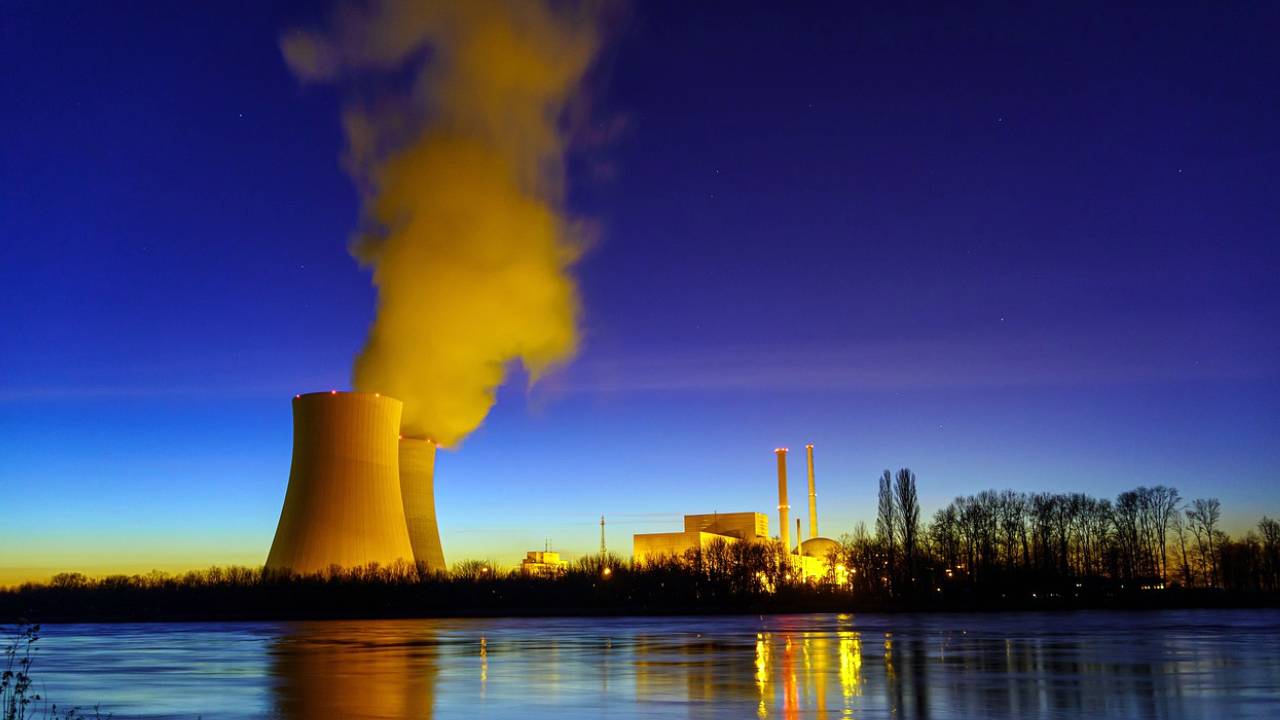With the laying of the foundation stone for a 700 MW nuclear power plant at Kaiga in Karnataka in 2023, India is set to accelerate the construction of 10 “Fleet Mode” nuclear reactors in the next three years.
The Centre had approved in June 2017 the construction of 10 Pressurized Heavy Water Reactors (PHWR) of 700 MW. Ten PHWRs will be built at a cost of ₹1.05 lakh crore.
This is the first time that the government has approved the construction of 10 nuclear reactors at the same time to reduce costs and speed up construction.
In fleet mode, a nuclear power plant is planned to be built within five years of the first pour of concrete (FPC).
“The FPC of Kaiga units 5 and 6 is expected in 2023; the FPC of Gorakhpur Haryana Anu Vidyut Pariyonjan units 3 and 4 and Mahi Banswara Rajasthan Atomic Power Projects units 1 to 4 is expected in 2024; and that of Chutka Madhya Pradesh Atomic Power Project Units 1 and 2 in 2025,” officials of the Department of Atomic Energy (DAE) told the Parliamentary panel on science and technology.
Bulk procurement was underway for the fleet mode projects with purchase orders placed for forgings for steam generators, SS 304L lattice tubes and plates for end shields, pressuriser forgings, bleed condensers forgings, Incoloy-800 tubes for 40 steam generators, reactor headers, DAE officials said.
They said, engineering, procurement and construction packages for turbine island were provided for Gorakhpur units 3 and 4 and Kaiga units 5 and 6.
India currently operates 22 reactors with a total capacity of 6,780 MW. A 700 MW reactor at Kakrapara in Gujarat was connected to the grid on January 10 last year, but has not yet started commercial operations.
PHWRs, which use natural uranium as fuel and heavy water as a moderator, have become the mainstay of India’s nuclear power programme.
India’s first pair of 220 MW PHWRs were installed in 1960 at Rawatbhata in Rajasthan with the help of Canada. The second reactor was built with significant internal components after Canada withdrew its support following India’s peaceful nuclear test in 1974.





























